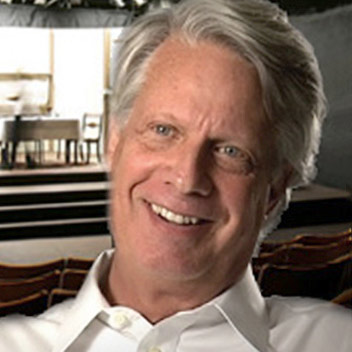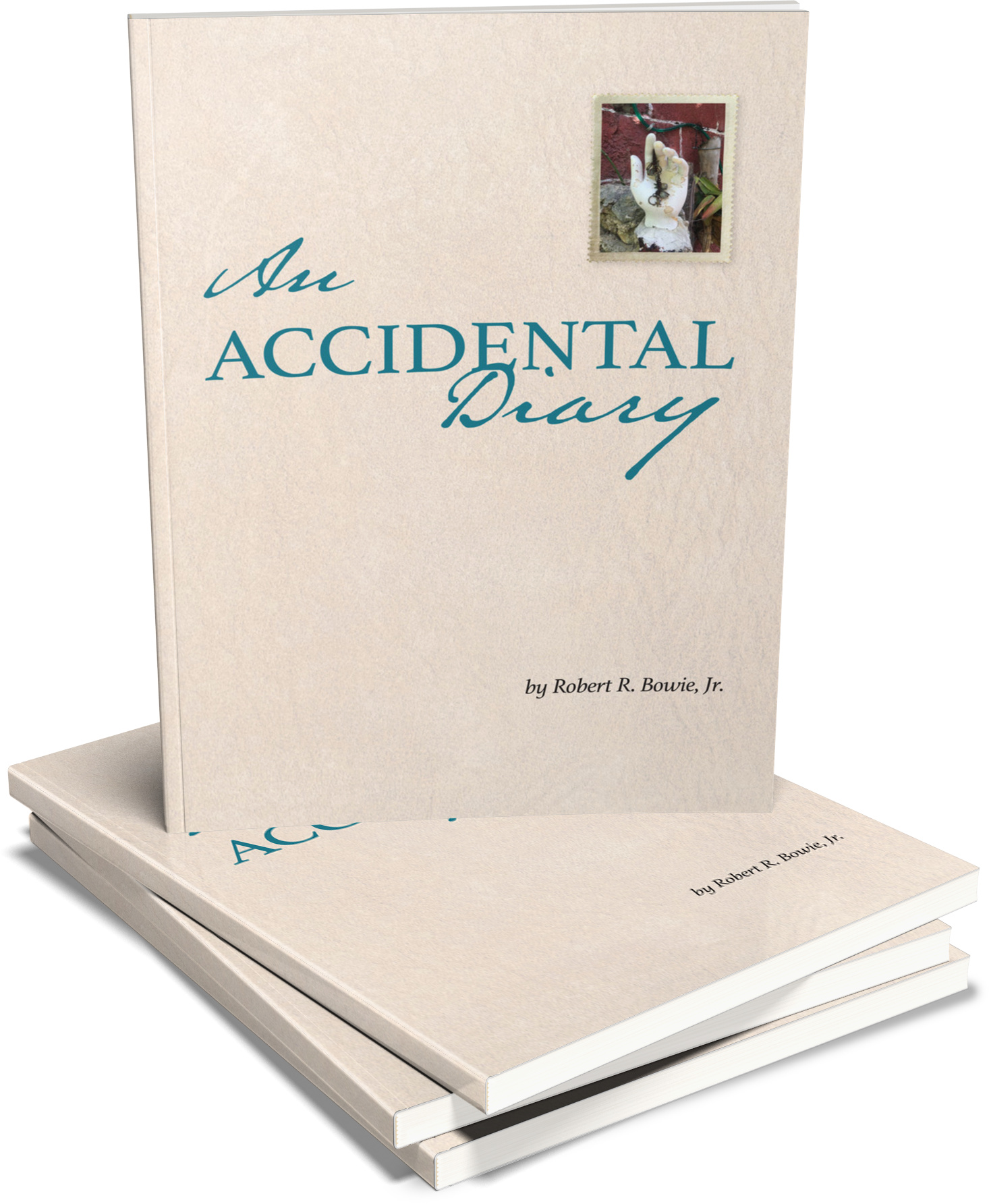Just Published!
The Older You Get the Shorter Your Stories Should Be
A warm, witty collection of bite-sized stories, outsized characters, offbeat observations, and globe-trotting misadventures, The Older You Get the Shorter Your Stories Should Be is a lighthearted chronicle of a lifelong storyteller.
“Reflections on a well-lived and adventurous life… charming, funny, poignant and wise.” — Drew Faust, President Emerita, Harvard University
“A riveting and rollicking collection of tales… With brutal candor and self-deprecating wit, Bowie unspools stories that both entertain and pack plenty of wisdom.” — Ben Bradlee Jr., Pulitzer Prize-winning editor of The Boston Globe’s Spotlight Team
“Pearl after pearl — brief easily-accessible stories that reflect the unclouded eye of the author for all things honest, compassionate and revelatory. I laughed, cried, reflected, regretted and rejoiced.” — Ty Cobb, Prominent Washington, D.C. lawyer and former White House Special Counsel
Now on Amazon!
An Accidental Diary
A sonnet a week for a year
An Accidental Diary has just been published. I am both surprised and extremely proud of my unusual book.
In writing a sonnet a week for a year, I discovered — almost 20 years later — that I’d created a wild subconscious diary in a year of transition.
It was whatever was on my mind Sunday night while working to meet my deadline.
It was what I had kept hidden from myself back then and what years later would happen: fond recollections and musings on loss, lust, love of family, my fear of dying alone, a sad divorce and, back then, even efforts to quit smoking.
I hope you’ll give it a read.
Plays by Robert Bowie, Jr…
Sold-Out Shows, Rave Reviews!
Our FringeNYC premiere could not have gone better…
ONAJE sold out all five shows, the performances were riveting, and both audiences and critics were exceedingly positive. Check out these great reviews from onstageblog.com and Theatre is Easy (theasy.com) .
Thanks again to our incredible cast, crew, and creative team — and to everyone whose generous support helped bring ONAJE to life!
Recent Posts

The Mask
I know exactly why America hasn’t risen up together — Democrats, Republicans, and Independents — to protect our midterms and our country. It’s all based on my personal experience as a middle school ice hockey goalie.
I played hockey goalie before face masks were used, back in sixth grade. I was fearless. Bad stuff happened to other people, not me.
The best game I ever played was the first game I ever played, because the sixth graders could barely skate, and most importantly they hadn’t learned how to lift the puck.
I had a simple strategy: When they would skate toward me, I would drop down to my knees and lie down, because if I lay down I could cover the entire face of the goal and most importantly the people trying to score on me couldn’t lift the puck over me. All I had to do was lie down and think bad things happened to other people.
It never occurred to me that lying there with the ice at eye level I could have taken a puck to the face.
My hero was Jacques Plante, the goalie for the Montréal Canadiens. No goalies back then wore face masks. I saw a picture of Plante in a National Geographic about Canada. His face looked like a spider’s web of scars.
In the winter of my sixth-grade year before our first game, I was invited to a birthday party to watch the Boston Bruins play the Montreal Canadiens and Jacques Plante took a puck to the head.
The Canadiens trainer skated out to Plante with a towel to stop the bleeding above his left eye, then guided him off to the dressing room to get stitched up.
The organ played as they mopped up the blood on the ice in front of the goal and we waited for his return. He showed no pain. He was tough and brave. Nobody ever envisioned that anything would ever change.
Early the next season, the coach handed me a flesh-colored plastic face mask. The seventh graders could now lift the puck and they had developed super fast slap shots.
That night I took the mask up to my room and put it on. It fit nice, snug and tight, but then everything changed.
I found a hockey puck and put on the mask and put the puck into the holes for my eyes and felt my eyeball pushed back into its socket. It fit like a key in a lock. I imagined the power at impact of a slap shot into my eyeball. It became real and a shiver went through me.
Even though I had never thought of it before, I started thinking seriously about basketball or, god-forbid, wrestling.
That’s us right now. That’s America. We’ve been lying flat on the ice, telling ourselves bad things happen to other people.
Why did we not rise up together when Trump sent the National Guard into LA and other blue-state cities? When he sent masked ICE agents to arrest just about anybody who is not white under the Kavanaugh doctrine? When ICE was told they had immunity from prosecution for illegal excessive force? When Trump and his administration argued away the two killings by ICE of American citizens in Minnesota, despite contrary video evidence? When Trump and the Republicans voted for $83 billion to fund ICE when $6 billion a few years ago was enough?
More and more it’s looking like ICE is becoming Trump’s masked private army. What if ICE is standing at every voting station?
Why did we not rise up together when Jack Smith recently testified that his investigation found “beyond a reasonable doubt” that Trump himself led the insurrection on January 6 — and has continued to campaign on “Stop the Steal,” even though he lost 61 court cases and won none, and has given all the insurrectionists pardons? You don’t think he might try it again if he has the funding?
Why did we not rise up together when it was reported that he increased his net worth in the first year of his four-year term by over $4 billion at the country’s expense?
We’ve been watching the blood get mopped up in front of the goal and waiting for normal to return.
T.S. Eliot wrote that “humankind cannot bear very much reality.” Reality is all around us as the midterms approach. Jacques Plante’s blood in front of the goal as he’s being stitched up becomes personal.
Once you wake up your mind, everything is real when you are terrified.
I think we’re gonna be OK for the midterms, if everybody who can vote gets so frightened that they show up at the polls — mutually aware of their danger and sharing it — and refuses to leave until they vote. If we are united, we will be OK. United, we will be the real America that we are — the United States, not the Divided States of America.
Imagine your life and the life of all the people you care about if we lose the House and the Senate, with the Supreme Court offering no check to executive power. Imagine the puck going through the keyhole of that mask into your eye socket, the pain and the darkness.
Wake up. Be terrified. Bad things happen to everyone if we don’t stop lying flat on the ice.
Is Common Ground a Flight of Fancy?
As our country has become more and more divided over the last 10 years, I go back to this little story from a long time ago. Back when I was practicing law, I was hired to represent a brokerage firm that sold huge airplanes. The firm believed it had been deprived of a...
We Never Quite Live Up to the Obvious
There is nothing sadder than the moment that you realize you have missed the chance for an apology or an “I love you” that can’t be delivered because it’s too late. At the end of my recent guided trip to Savannah, Georgia and Charleston, South Carolina I had...
Cower or Commit
This past weekend, I was reminded of this excerpt from my book, “The Older You Get the Shorter Your Stories Should Be" (page 169): As the lions slowly approach, my fellow riders in the safari jeep become either “believers” that the jeep is safe territory or...

About Robert Bowie, Jr.
Playwright and Poet Robert Bowie, Jr. of Baltimore, Maryland has had ten plays produced, including “Onaje,” which was selected for professional production at FringeNYC in October 2018. Its five sold-out FringeNYC performances received rave reviews. Other plays include “There Ain’t No Wyoming” and “Naked House Painting Society,” which were produced through The Baltimore Playwrights Festival. Bowie’s political farce “Crash & Burn P.A.” was the only submission selected by the 2016 Festival Committee for a full production at Theatrical Mining Company, Baltimore.
Bowie’s plays are focused on social justice and span a broad spectrum between drama and comedy. His subject matter ranges from racial prejudice and civil rights to political farce.
Bowie is a graduate of Harvard University and is the Poet Laureate of The Harvard Alumni Association (HAA).
His well-reviewed collection of sonnets, An Accidental Diary, is available to order online.
“Without the arts, we are a rudderless boat.”
— Robert Bowie, Jr.







